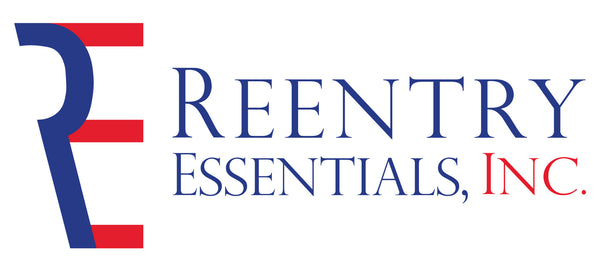Credit History
What Is a Credit History?
To predict your financial future, many businesses look at your financial past through your credit report. A credit history is a profile within a credit report that shows how you've handled money in the past.
Your credit report is kept on file by three independent credit bureaus: Experian, TransUnion and Equifax.
It May Include Information Like:
- How promptly you have paid off credit cards and loans.
- How reliably you have paid other bills, like rent and utilities.
- Your total outstanding debts.
- Your available credit on mortgages, bank cards, auto loans and other lines of credit.
You are entitled to receive a free copy of your credit report once every 12 months. Order yours online from annualcreditreport.com or call 1-877-322-8228. You will need to verify your identity with your name, birth date, address and Social Security number.
Who Can See Your Credit Report?
Your credit report can and most likely will be reviewed by anyone planning to give you a loan or credit, such as:

Anyone with a legitimate business need can access your credit report, though a potential employer typically requires your written consent to do so.
You can download free resources and estimate your FICO® credit scores online at whatsmyscore.org

Your Credit Score
When you apply for credit, lenders determine risk by checking your credit scores (also known as FICO® scores). Credit scores are calculated by measuring your ability to repay credit and are recorded in your credit reports.
FICO® scores range from 300 to 850, and only 1 percent of Americans have a perfect score according to the Fair Isaac Corporation (FICO). The higher your score, the lower your perceived risk to a lender, and the more likely you are to receive favorable credit terms. If you have a low credit score, you may be rejected or charged a higher rate of interest.
Eight Tips to Keep Your Credit Score Strong
- Complete credit applications carefully and accurately
- Use your credit cards responsibly: don't let them reach their limit or spend beyond your means.
- Attempt to pay your credit card balance in full each month, but at least make the minimum payment by the due date.
- If you have problems paying your bills, contact your creditors. They'll often work with you to figure out a payment plan.
- If you move, let your creditors know your new address as soon as possible to avoid missing bills or other important correspondence.
- If your credit card is lost or stolen, report it immediately.
- Review your credit reports periodically and report any errors immediately.
- Establish a consistent work history.
If your credit card is lost or stolen, report it to the issuer immediately to protect your credit score from being affected..
Correcting Credit Report Errors
If your credit report contains any mistakes, credit bureaus are legally bound to correct them at no charge if you inform them of the problem in writing within 30 days of receiving your report. Be sure to include documentation to support your claim. If you're not satisfied with the result of the bureau's investigation, you can send a written statement of up to 100 words to clarify your claim. In many cases, the bureau will include your statement with any future reports that contain the disputed information.
Avoid "Fast Fixes" For Accurate Credit Problems
If you've had any late payments, foreclosures, or repossessions, this information stays in your credit report for up to 7 years. If you've filed for bankruptcy, this information can stay in your report for up to 10 years.
Beware of companies who claim they can "fix" or "remove" these issues for a fee: it is legally impossible to alter an accurate credit history.
If you find yourself in financial trouble, contact the National Foundation for Credit Counseling (NFCC), the nation's largest national nonprofit credit counseling network, by calling 1-800-388-2227 or visiting nfcc.org
Credit Bureaus
Equifax
Report Order: 1-800-685-1111
Fraud Hotline: 1-888-766-0008
equifax.com
Experian
Report Order: 1-888-397-3742
Fraud Hotline: 1-888-397-3742
experian.com
TransUnion
Report Order: 1-877-322-8228
Fraud Hotline: 1-800-680-7289
tuc.com
To view a PDF version of this article click Here
